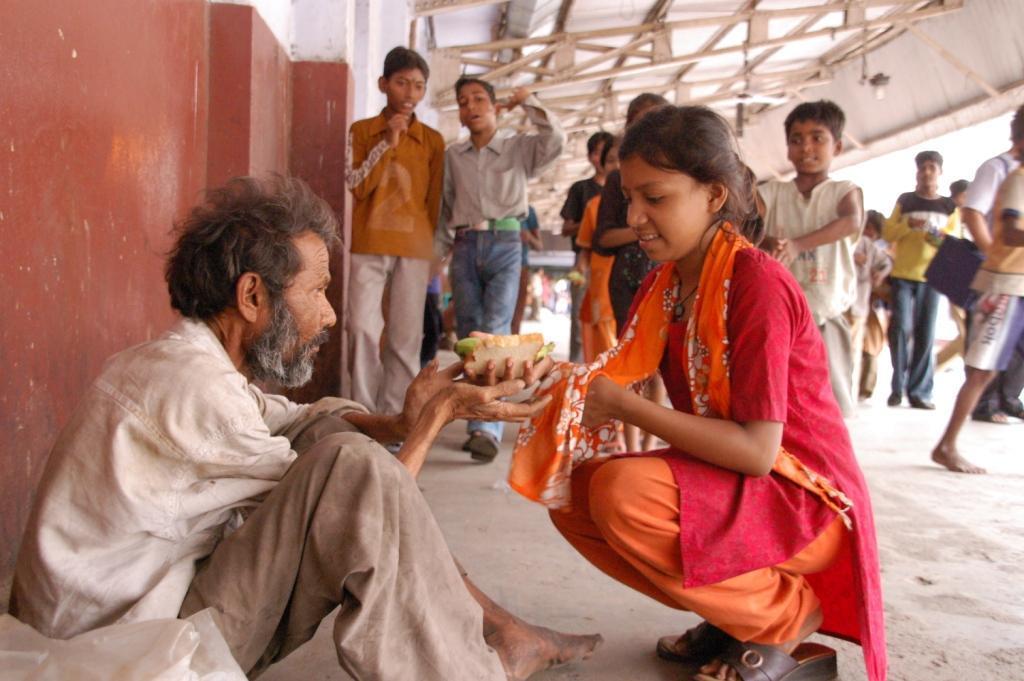Catholic Become What You Are – Love: The Fundamental And Innate Vocation Of Every Human Person
“The Gospel entrusted to us is also the word of Truth. A truth which liberates and which alone gives peace of heart is what people are longing for when we proclaim the Good News to them. The truth about God, about humanity and it’s mysterious destiny and about the world”. E.N. #78. “Every evangelizer is expected to have a reverence for truth … the revealed truth … which shares in the first truth which is God himself”. The evangelizer “never betrays or hides truth out of a desire to please humankind… He/she does not refuse truth. He/she does not obscure revealed truth… for the sake of one’s own comfort or out of fear. He/she serves it generously, without making it serve him/her”. E.N.#78. Finally, evangelization presupposes in the evangelizer an ever increasing love for those whom he (she) is evangelizing. E.N.#79. It is with love for families in our hearts and a desire to proclaim the truth that we engage the following catechesis on family life in the Catholic Tradition.
The Catechesis is presented as follows:
-
-
As regards the Church’s teachings on Love
-
The Church’s understanding via revelation received in both the Old Testament and New Testament is that Man and Woman (Humankind) has been created in the Image of God who is Love.
In Genesis 1:26-28 we see that God created humankind in His own image and likeness: calling humankind to existence through love and at the same time for love (F.C.)
God is love (1 Jn 4:8) and in Himself he lives a mystery of personal loving communion. Creating humankind in his image God inscribed in the humanity of man and woman the vocation, and thus the capacity and responsibility, of love and communion. Love is therefore the fundamental and innate vocation of every human being. (F.C.)
In the Catholic Tradition every baptized person (and whomsoever else God determines) is called to share in the Divine Life of the Trinity which is a communion of love and mystery. Indeed this is our very purpose in existence. “Before the world was made, he chose us, chose us in Christ, to be holy and spotless, and to live through love in his presence,…” (Eph.1:4)
As an incarnate spirit, i.e., a soul which expresses itself in a body which itself is informed by humankind’s immortal spirit, man is called to love in his one being (body/spirit). Love therefore includes the human body which is made a sharer in spiritual love. (F.C.)
Christian revelation recognizes two specific ways of realizing this vocation of the human person to love in its entirety: Marriage and Virginity or Celibacy. Each one, in its own proper form realizes the most profound Truths of humankind’s being “created in the image of God.” (F.C.)
Humankind therefore from the onset was made for relationship since love is about relationship with God and others. Roman Catholic Tradition is saying that this love in its entirety, if it is to incorporate both body and soul can only be realized through the vocations of marriage and virginity/celibacy.
2. The Sacramental life of the Catholic is intrinsically linked to his/her effort at realizing this vocation to love in its entirety and as a means to salvation as expressed in Eph1:1
Although all sacraments speak to the vocation to love and therefore be Catholic, I will single out three that I think are especially important in understanding this love to which we are all called whether married, single or consecrated.
The first of these is Baptism. In Baptism we die with Christ in order to receive from Him a new life. This becomes true when we receive from Him the Holy Spirit who in his person shares with us the Divine Life of the Trinity.
In Baptism (Christian Initiation) we offer our lives body/soul to God so that He may share his Divinity with us. By virtue of this we become a consecrated people; ‘a people set apart’ as the preface to the Eucharistic prayer says in the Mass.
This consecration to God sets us apart for God’s purposes which is meant to purify us for the sole purpose of living God’s life within us, but living it out in the world. This means that we are called to an extraordinary life of grace that finds its fulfillment only in doing God’s will for the establishing of God’s Kingdom here on earth.
The life of God is fully realized only in those who live out the commandment of love in their everyday life and model it to others.
The second of these is Eucharist. ‘This is my body given for you’ are the words of Jesus when instituting the Eucharist with his disciples. These words first of all indicate the depths of his love and secondly his fidelity to them in the face of that love.
This gesture on the part of Jesus shows the sacrificial gesture of his whole life, i.e., the charity, the risking, and the reaching out beyond himself for the sake of the beloved.
Jesus had lived for them, now he would die for them and for all of us that we might live and die for one another. This became the one life sustaining action for Jesus’ disciples. It not only taught but enabled them to die so that they may live.
Eucharist at its root is a sacrificial meal and all who share in it are challenged to offer themselves for the benefit of others. Without a willingness to give there is nothing to share, there is no Church. The Eucharist then is a call to sacrificial love and a call to put that love into action through communion. In the Eucharist the lamb is offering himself for his spouse the Church.
This ‘love in action’ for the Catholic family means learning and maturing through one’s family relationships how to put God first, others second and oneself last by placing the needs of others first. This does not mean neglecting oneself but rather sharing oneself. This means a willingness on the part of families to demand the respect of its members through the exercise of obedience, discipline and charity. It means the establishing of clear boundaries for the freedom and emotional strengthening of its members. It means a generous outpouring of mercy and forgiveness among its members.
This brings us to the third sacrament, i.e., the sacrament of Reconciliation or Confession. In the Sacrament of Reconciliation we find an opportunity to be cleansed and purged of all of those attitudes and behaviours that poison or compromise our efforts at loving God and neighbour, and that weaken those relationships. Remember intimate communion with God and communion with others through love at various levels is our purpose here on earth. The wonderful reality of this sacrament, like the Eucharist, is that it not only cleanses but heals, transforms and makes new. It makes even more possible, through grace, the fulfillment of the vocation to love. This sacrament also teaches and enables us to forgive one another.
We look now at how our understanding of the vocation to love and these three sacraments of the Church inform the Church’s understanding of the sacrament of marriage and its implications for family life.






